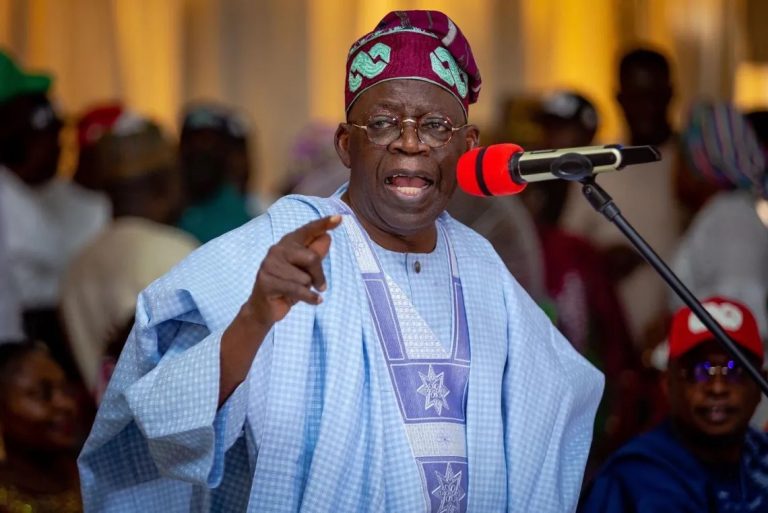
The former Chairman of the All Progressive Congress (APC) Adams Oshiomhole has attributed Nigeria’s current economic crisis to the past administration led by President Muhammadu Buhari.
Oshiomhole, who now represents the Edo North Senatorial District, said on Monday that President Bola Tinubu inherited a terrible economic situation from the past administration.
The former Edo State governor, who spoke during an interview with journalists shortly after he met with the Vice President, Senator Kashim Shettima, behind closed doors at the Presidential Villa, Abuja on Tuesday, added that some of the decisions taken by President Tinubu’s administration were the first steps towards revamping the economy.
Register for Tekedia Mini-MBA edition 19 (Feb 9 – May 2, 2026): big discounts for early bird.
Tekedia AI in Business Masterclass opens registrations.
Join Tekedia Capital Syndicate and co-invest in great global startups.
Register for Tekedia AI Lab: From Technical Design to Deployment (next edition begins Jan 24 2026).
“The government inherited a terrible economic situation, everybody knows it. The government inherited an economy in which the total national revenue was barely enough to service our debt burden. Spending 96 percent; which is to say every one hundred naira Nigeria earns, ninety-six kobo is to pay debt,” he said.
The APC-led government is said to have a reputation for pushing blame and not taking responsibility for its failings. Oshiomhole, who was partly the APC Chairman during Buhari’s eight-year leadership, was a staunch defender of the former president’s policies – which experts said plunged Nigeria into its present economic predicament.
“I speak on my honor that the federal government is broke and that they are borrowing huge in trillions of naira to pay salaries,” Oshiomhole said in 2015 about Goodluck Jonathan’s administration.
“The finance of the federal government under the past administration was in a worst shape. Over the past 9 months, the federal government could not pay salaries from her legitimate income, what she has been doing which states couldn’t do was to borrow, using the structure of the CBN, through various instruments; bonds, security, etc,” he added.
In his eight years in office, Buhari shot Nigeria’s debt profile up to more than N80 trillion, leaving the country grappling with debt servicing which is currently gulping 96% of its revenue. Oshiomhole and other APC bigwigs, including Tinubu, never for once criticized the former president, rather they praised him.
“The party has done very well, we didn’t promise miracle, there are no miracles in the life of a nation.
“What took several years to be destroyed cannot be fixed in two years. Yes, we have less than two years to go, but I believe that a couple of things have changed; in fact many things have changed,” Oshiomhole said in an interview on Channels television in 2017.
In the same vein, the Senator who has been called out over his hypocrisy is heaping praise on the steps Tinubu so far. In his interview with journalists on Tuesday, Oshiomhole expressed confidence that the issues arising from the removal of fuel subsidy will be quickly resolved between the Federal Government and organized labor.
He said Tinubu recognizes the impact the withdrawal of fuel subsidy is having on Nigerians and is determined to take immediate action to cushion it.
“This president recognizes that the effect of the withdrawal is already here, people are already going through some level of discomfort and therefore there has to be an immediate solution to it.
“Now that immediate solution is what we discussed and the fact that we are meeting on Tuesday again shows that clearly, we realize that this is not one of those things you want to buy time because it has a real negative impact, on particularly, the most vulnerable group.
“But we have a solution to it because you are going to make savings, so take from that savings or even if it is borrowing.
“So, whatever it is, you can leverage some revenue and improve wages to cushion the cost of living, I think it is legitimate, I think it is doable, it is not something that you want to spend two to three months negotiating,” he said.



